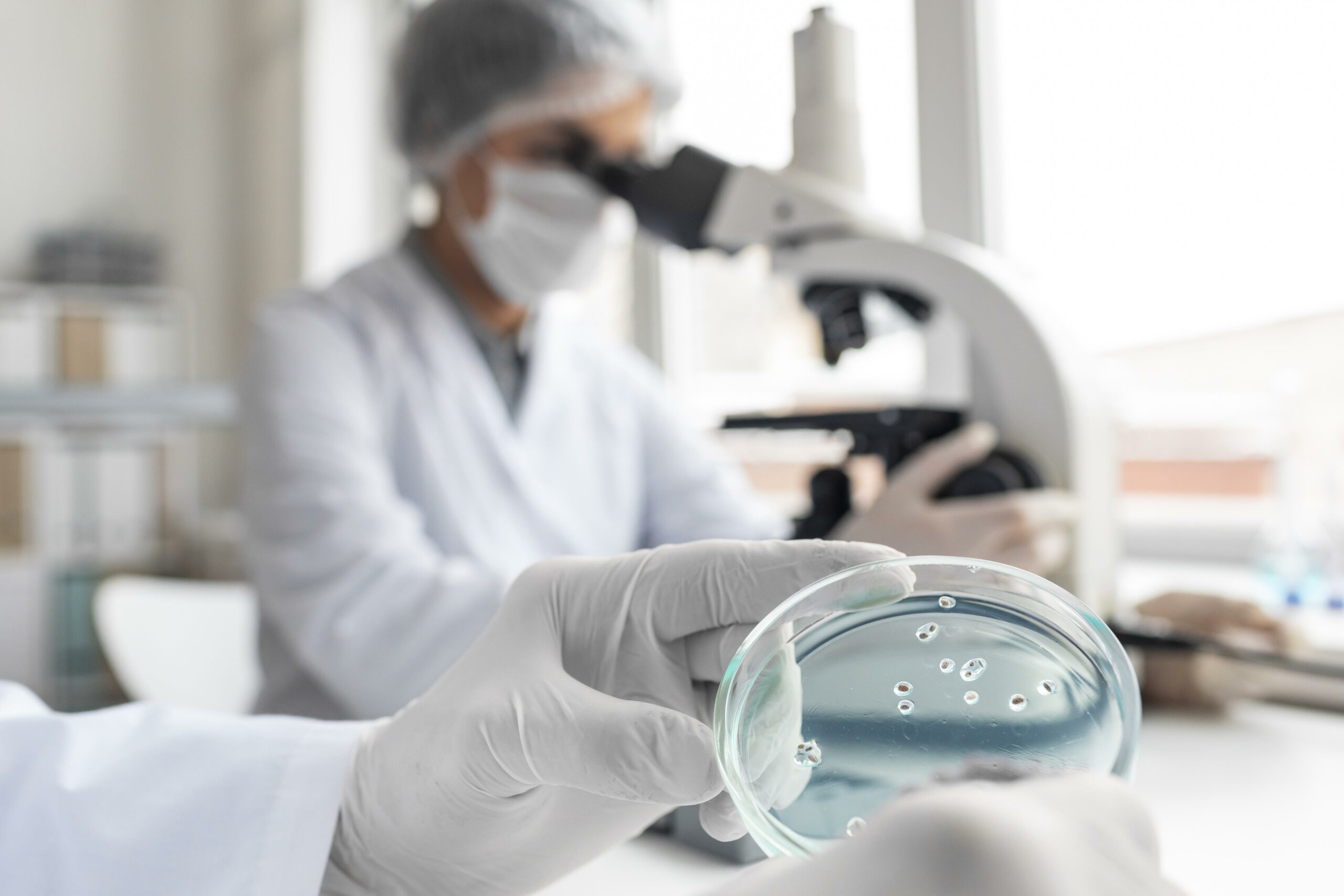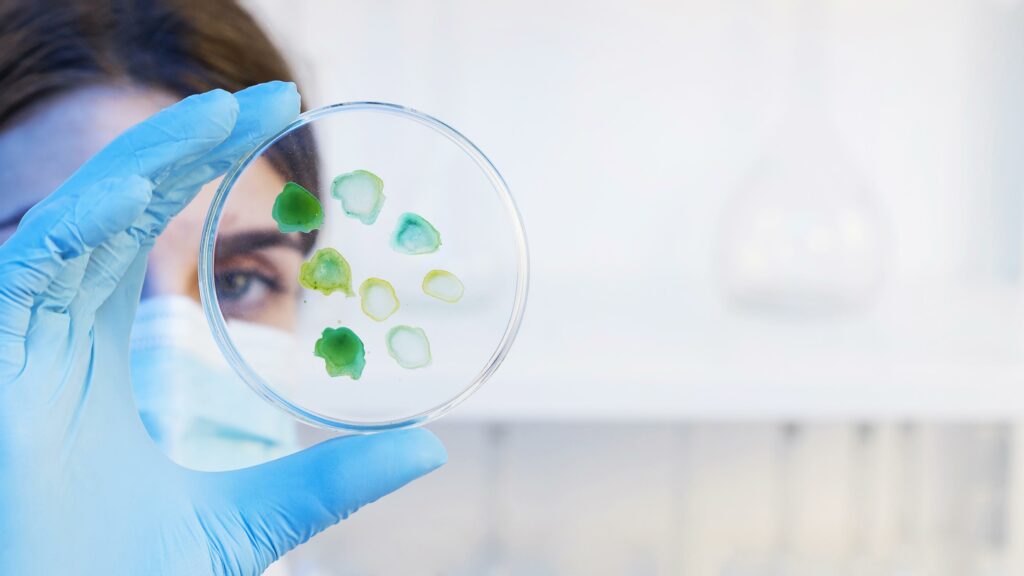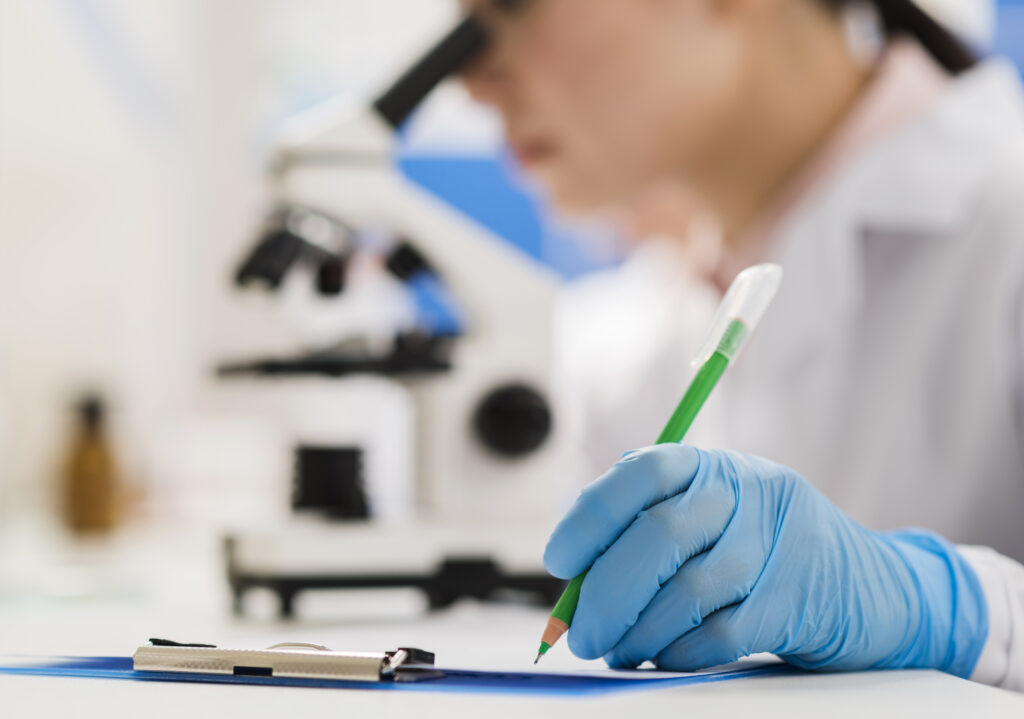Testing for microbial contamination is vital for a wide range of sectors, such as the food industry, healthcare as well as pharmaceuticals, and environmental research. It’s crucial for the quality and safety of settings and products. However, a lot of people do not realize its significance and the crucial facts about tests for microbiological contamination.
This article will discuss the importance of testing using microbiological methods and will also discuss typical methodologies, important aspects, their applications, barriers in the regulatory process, standards for testing, and possible enhancements. The stakeholders and experts are able to make educated decisions to protect the health of people, preserve the quality of the product and meet legal requirements when they comprehend the intricacies of testing microbiologically.
Microbial Testing
The process of testing for microbial contamination, also known as microbiological tests, is the method to determine the quantity and quality of microorganisms, such as the fungus, bacteria, viruses, and parasites within samples. This type of test is carried out to determine the safety, quality, and effectiveness of different products and also to determine and manage the amount of microbial contamination in environments.
It encompasses various methods and techniques that are used to determine, quantify, and detach these tiny organisms within various products including food items, medicines and beverages, medical establishments, as well as the surrounding environment.
Applications of Microbial Testing
The use of Microbial Testing has many uses across different industries:
Food and Beverage Industry:
The importance of testing for microbes is in the food and beverage industries for the prevention of foodborne illness as well as ensuring the quality of products. It allows companies to recognize harmful germs, like Salmonella or E. coli. E. coli and Listeria could result in recalls or outbreaks. Businesses can maintain consumer confidence and maintain their standing in producing safe and top-quality foods by conducting frequent tests on microbiology.
Pharmaceuticals:
The testing of microbes is essential in the field of pharmaceuticals for ensuring the quality and safety of medical devices and medications. It assists in the identification of harmful bacteria that can contaminate manufacturing processes, raw materials, or even finished products. Pharma companies can ensure the highest quality standards in quality control and compliance with regulatory requirements by employing thorough methods of microbiological testing.
Environmental Monitoring:
Testing for microbial contamination is also essential for environmental monitoring. It allows the identification and analysis of the microbial population within water, air, or soil as well as surfaces. Monitoring the activity of microbes within the natural environment allows for to identification of potential contaminants, evaluation of the effects of human actions on ecosystems, and the taking of the necessary measures to ensure the health of our environment.
Healthcare Industry:
Testing for microbial contamination is essential in the healthcare setting for the prevention and control of infections. It assists in the detection of pathogens that are found in patients’ samples, surfaces, and medical equipment. It allows the right steps to be taken to avoid the spreading of illness. Testing for microbial contamination is conducted in both clinics and hospitals to ensure that the healthcare personnel, patients, and other visitors are secure.
Cosmetics:
The testing of microorganisms assures the security of cosmetics and personal care products, by looking for harmful microorganisms which could trigger skin reactions or cause infections.
Importance of Microbial Testing
Knowing the importance of microbiological testing is vital to protecting public health as well as product safety.
Preventing Outbreaks and Contamination
For industries like the hospitality and health sector, managing the spread of infectious diseases is crucial. Testing for microbes allows the monitoring and identification of possible pathogens. This allows for proactive measures to be implemented to prevent the spreading of diseases and also to ensure that the surrounding environment is free of contamination and secure.
Quality Assurance:
The importance of testing for microbes is in maintaining the quality and safety of products such as food and pharmaceuticals, cosmetics, and other consumer items. Testing for microbes helps to prevent the spread of products contaminated with toxins which could harm customers through the detection of harmful microorganisms, like viruses, bacteria, and fungi.
Conformity to Regulatory Standards
All regulatory authorities around the globe have created rules and standards to which businesses have to adhere for the sake of protecting the health of people and ensuring security. Microbiological testing aids companies in meeting these requirements by providing proof of security and high quality while staying clear of legal penalties and fines.
Research and Development:
The testing of microbial flora is an essential tool for R&D aiding scientists in researching microbial behavior, medical discovery, and production of vaccines.
Types of Microbial Testing
Testing for microbial contamination can be performed using a range of techniques that include:
Cultural Methods:
Microorganisms can be isolated and developed on suitable nutritional mediums using techniques based on culture. This allows the identification and quantification of the various microorganisms that are present in the sample. While this method is widely used for a long time, it can take a long time, and outcomes take days and sometimes even weeks.
Molecular Methods:
Technologies based on molecular analysis detect and distinguish bacteria on the basis of their genetic materials using advanced methods like polymerase chain reactions (PCR) as well as DNA sequencing. They produce more precise and quicker results, which allows us to identify more precisely particular species or species.
Immunological Methods:
Microorganisms are identified by using certain antibodies in enzyme-linked immunosorbent tests (ELISA) as well as immunofluorescence tests.
Rapid Microbiological Methods:
In order to provide quick tests, speedy procedures have gained popularity for microbiological tests. They typically combine molecular or culture-based methods that are automated, which allows for rapid processing times. Testing techniques that are quick and efficient are beneficial in industries in which time is essential, for instance, food and pharmaceutical industries.
Challenges in Microbial Testing
Testing for microbial contamination isn’t free of challenges:
Sample Variability: Samples could vary, making it difficult to determine precise conclusions.
The risk of contamination is the possibility of false positives due to contamination in the sample collection process or in the process.
Complexity: Some microorganisms can be difficult to identify or cultivate with standard techniques.
The importance of testing for microbes is in ensuring the safety of products, public health, and the quality of our environment. Knowing its significance and application helps businesses as well as individuals to make informed choices about the quality of control and risk management. The procedures for testing for microbial contamination will become increasingly complex and efficient because of technological advancements, greatly increasing our capability to identify and address microbial issues.
If you like this article share it and visit us at https://metalchem.com/contact/ for a free consultation about your product needs, feel free to contact us or email us at or********@gm***.com



